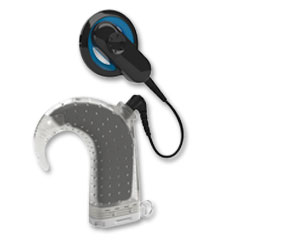Are deaf role models hard to find?
Deaf role models
Do you remember how hard it was when you were younger and deaf? Before you found your way in life? Before you became successful? Was there a role model that you looked up to, who had hearing loss too? It’s tricky when you can’t see deafness most of the time, and most people want to hide it too.
Be proud of who you are!
Are you young with a hearing loss, and you’re wondering how you can be successful, but don’t know if this is possible. What are your options? Who or what are your options defined by? Who do you listen to, and who should you be listening to? Where can you find the best advice and guidance?
Actually, what is a deaf role model?

Photo: Omarukai
Check out Ted Evans’ wonderful film which looks at being a role model with a hearing loss. It’s very well done indeed. Very thoughtful. Very moving. It’s film-making at its best. Nadia is a superstar. Larry actually made us choke up and …. um…. cry.
Watch the film and find out why …. and tell us about your favourite role model who just happens to have a hearing loss too.


